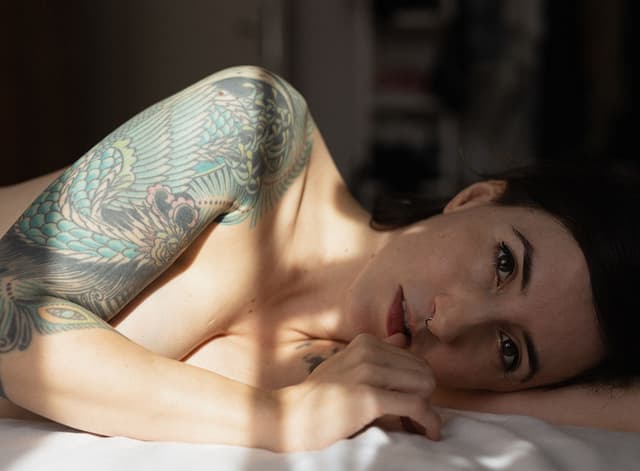Podcast

Annie of POV is Curating Curiosities
November 15, 2021
The editor of online magazine Lustery POV, Annie, shares her experience on exploring curiosities in this episode of our POV Podcast.

The editor of online magazine Lustery POV, Annie, shares her experience on exploring curiosities in this episode of our POV Podcast.